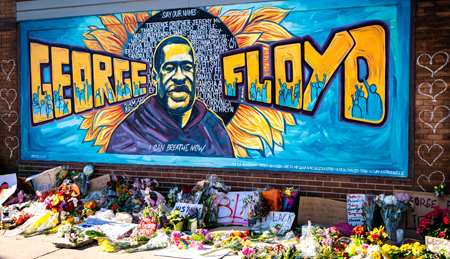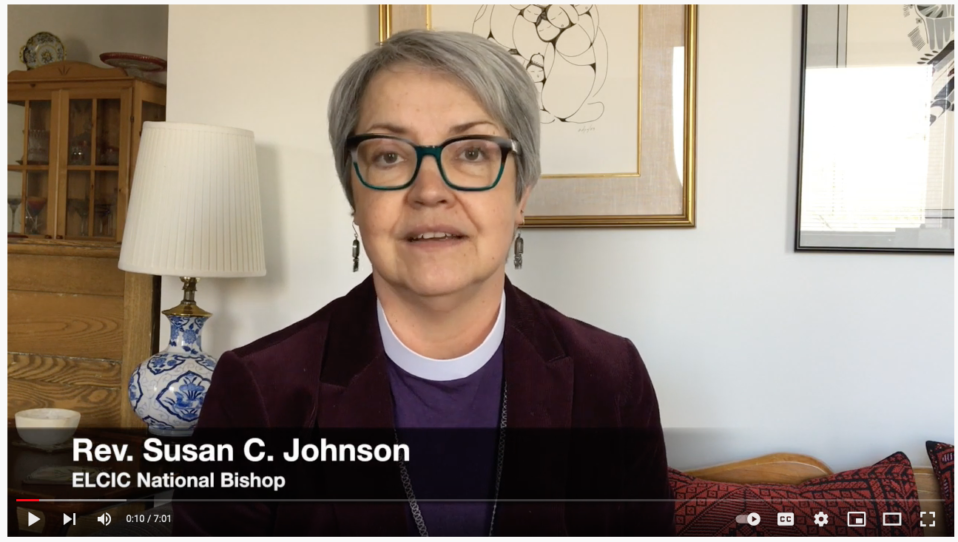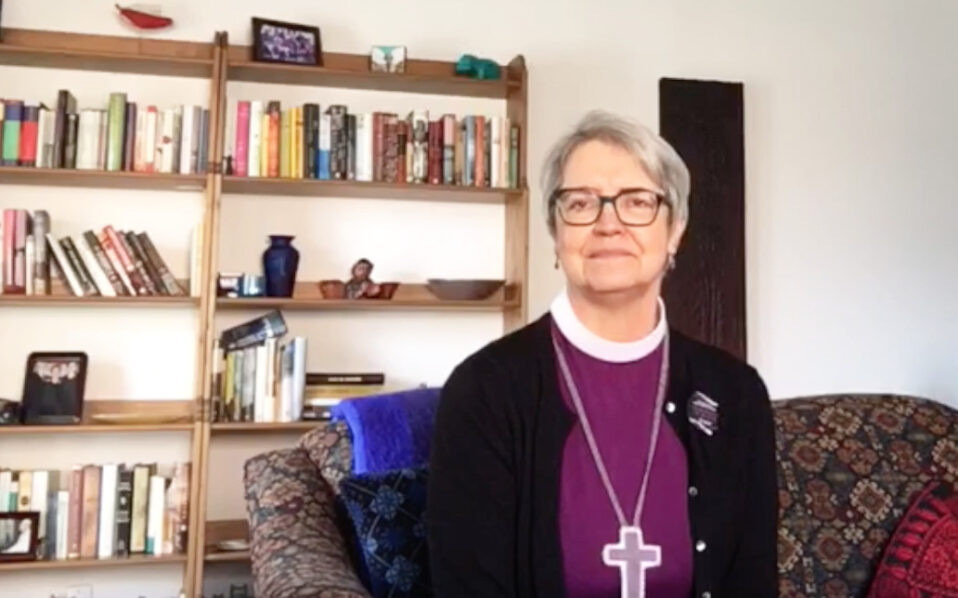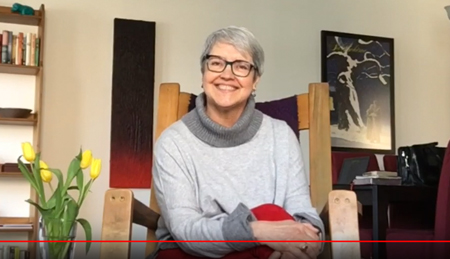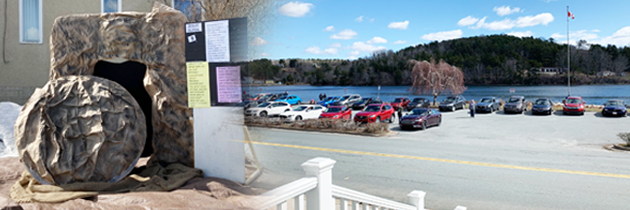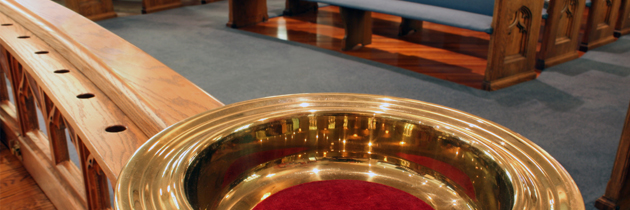In response to the demonstrations across the United States and Canada in the wake of the May 25 death of George Floyd in Minneapolis, the leaders of the Evangelical Lutheran Church in Canada, the Anglican Church of Canada, and The United Church of Canada have issued a joint letter.
A sermon from Bishop Susan for May 17
“There is no doubt that the way we are being church is different in these times, and it may last for a lot longer thank any of us had anticipated… But there is also no doubt that we still are a church, called to follow the way of Jesus and participate in God’s mission to love and save the world. In today’s gospel lesson Jesus reminds us that if we love him, we need to keep his commandments, to love God with all our heart, soul, mind and strength, and love our neighbours as ourselves.”
A Thank You from National Bishop Susan Johnson
In a video message taped from her livingroom, Evangelical Lutheran Church in Canada National Bishop Susan Johnson shares her thanks to rostered leaders, congregational members, and to all who are finding creative ways of coming together during these challenging times of COVID-19. “We are all in this together, as Canadians, and as members of the ELCIC.”
Supporting the Matching Donations Distribution Model
Evangelical Lutheran Church in Canada (ELCIC) National and Synod Bishops and Treasurers have written to The Honourable Ahmed Hussen, Minister of Families, Children, and Social Development in support of the Canadian Council of Christian Charities (CCCC)’s proposed Matching Donation Distribution Model.
A public letter on guaranteed basic income
An open letter signed by 41 ELCIC and Anglican bishops to the Prime Minster, Deputy Prime Minister and Minister of Finance calling for a Guaranteed Basic Income.
For the love of creation – an ecumenical initiative for climate justice
As churches in full communion, we share a deep concern for the care of creation and for addressing the climate crisis. We are now delighted to partner with other churches and faith-based organizations to mobilize Canada-wide education, reflection, action and advocacy for climate justice, under the banner For the Love of Creation.
CLAY gathering postponed to 2021
In an announcement from the CLAY Gathering National Planning Committee, after much discernment the team shares, “that CLAY, originally scheduled for August 20-23, 2020, will be postponed to August 19-22, 2021. The event will still be held at the Southern Alberta Insitute for Technology (SAIT) in Calgary, Alberta.”
A special children’s message for Sunday, April 19
ELCIC National Bishop Susan Johnson shares a special message with the church for Sunday, April 19, 2020. In her first pre-recorded video Children’s Message add, Bishop Susan addresses the anxiousness, frustration and boredom we might all be feeling right now, and asks, “What is Jesus’s message to us during this crazy, turned up-side-down time?”
Unconventional outreach through Holy Week
The year 2020 will long be remembered by the COVID-19 pandemic. With public gatherings put on hold, typical Sunday services have been replaced with online livestreams, while morning/evening prayer gatherings have become pre-recorded YouTube videos. Rostered and lay leaders across the ELCIC explore creative and unconventional ways to bring about community outreach while honouring the many traditions surrounding Holy Week and Easter.
Supporting your congregation during COVID-19 closures
While it is unknown how long this period of closures and suspension of in-person worship services will last across the country, ministry continues the best way possible.


